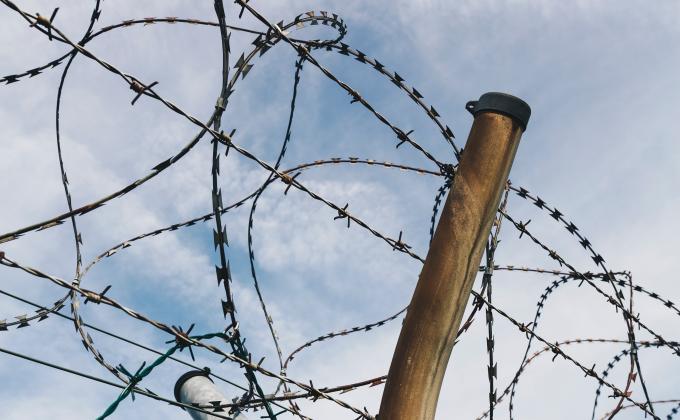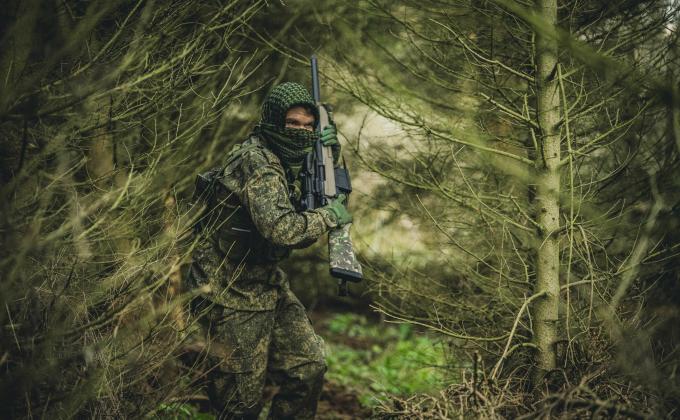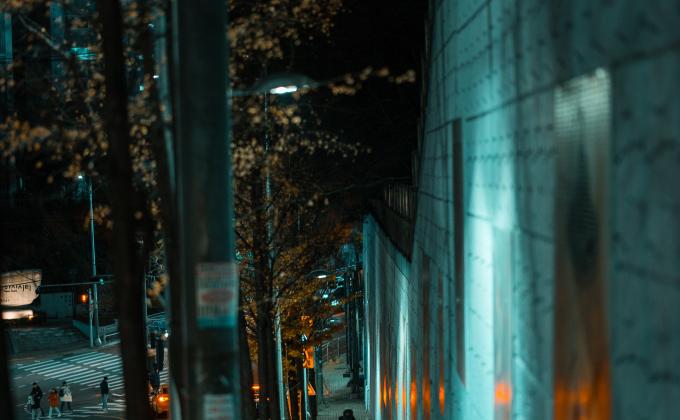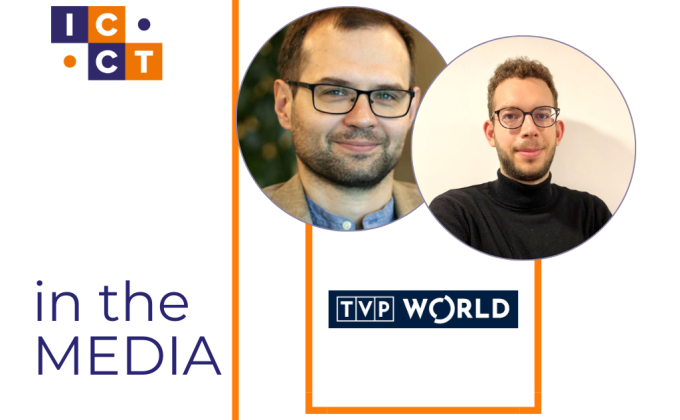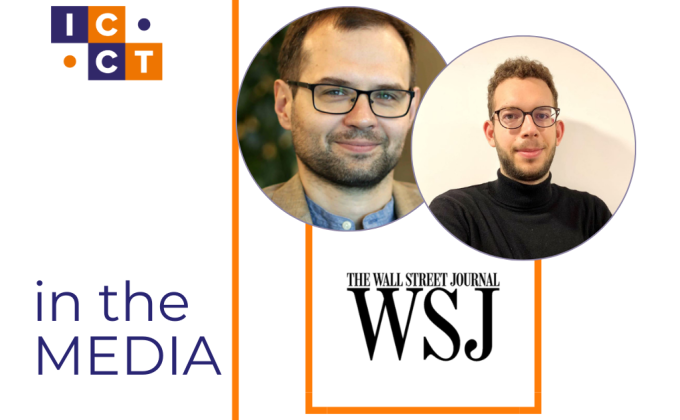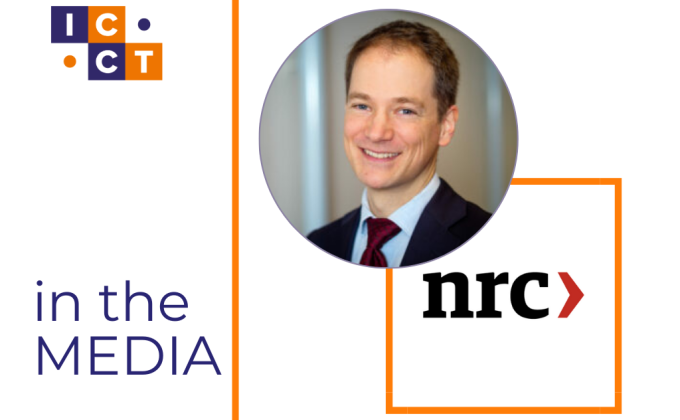Once again France has been hit by a terrible terrorist attack. This time on the day the country celebrates its democracy and its freedom, so powerfully captured in its adagium: ‘liberté, égalité, fraternité'. Notably, the government had also chosen ‘quartorze juillet’ as the day to announce it would end the ‘state of emergency’ that had been put in place after the Paris attacks of November 2015, and which grants special powers to the executive authorities. A few hours later, the government instead announced it would put forward a proposal to extend the state of emergency with another 6 months before the Council of Ministers, which will very likely be accepted.
While the ink of the last parliamentarian evaluation report on the security response after the Paris attacks of November 2015 is still wet, calls for new repressive policies and better security measures are heard as desperate cries of a country that has lost any ability of its clear reasoning that it was known for in the time of Descartes. Clearly, it will be necessary once again to evaluate whether sufficient measures were in place at the Boulevard des Anglais in Nice, to protect the masses from attacks, and whether any signs of the radicalisation of the attacker now known as the 31-year-old Tunisian Mohamed Lahouaiej Bouhlel were missed by the intelligence authorities. But the sad reality is also that a society will never be able to fully protect itself against the weaponisation of ordinary life. Effective and sustainable solutions must therefore be sought in another direction: prevention of radicalisation and rehabilitation and reintegration of criminal offenders. The first disclosures concerning the profile of the attacker would support this position, and argue against the effectiveness of more repressive measures as a panacea against these kinds of attacks.
The features of the profile of Bouhlel fit a more general trend that was emerging from the data compiled and analysed for the ICCT research project on the foreign fighter phenomenon in the European Union: A particular group of mainly young men who have a criminal past, are or feel discriminated, humiliated and marginalised in society, with some also having mental health issues, who are not strictly practising their Islam religion, but have radicalised in a very short period, either through intervention of recruiters or on their own, inspired by the narratives publicised by the so-called "Islamic State" (IS) on internet, and subsequently decide to travel to Syria or Iraq, or decide to become ‘a soldier of IS’ in their country of residence. The particular background and mental health status makes this group especially vulnerable for the propaganda tricks of IS narratives. In many of these cases, religion didn’t appear to be the initial driver of the radicalisation process, but rather functioned as the legitimisation channel. The decision to become a foreign fighter or commit an attack in their country of residence transforms them from a ‘zero to a hero’ in no time, and convinces them that their deeds will clean their sinners’ past, making them ‘born again salafists’.
In comparison, Bouhlel is an immigrant from Tunisia who has lived in Nice for 10 years now. He was a father of three children, and was separated from his wife. He wasn’t known to the authorities for terrorist activities or links and didn’t feature on any of the terrorist watch lists, but he did have a criminal record and had received a suspended prison sentence for six months. Family has revealed that he was depressed and had been very aggressive in the past, and had even seen a psychiatrist that had advised treatment for his mental issues. According to neighbours and friends he was not very religious, and was seen drinking and smoking during Ramadan. Authorities have announced that Bouhlel’s radicalisation process has taken place in only a short period of time. According to an uncle, this only took two weeks. Inspired by the IS narratives and calls for actions, as well as recent other terrorist attacks, Bouhlel carefully planned his act. Despite claims by IS that Bouhlel acted as an IS-soldier, the French minister of Interior, Cazeneuve, denies that these links have been found so far.
In particular the speed of the radicalisation process and the relative isolation in which the attack was planned, reveals a nightmare scenario for authorities, making timely intervention almost impossible.
The case of Bouhlel, some examples of the past, and also the recent attack in a train in Germany reveal a much more fundamental challenge for Western societies in which under the radar and ad-hoc radicalisation combined with weaponisation of ordinary life show the limits of security responses. What is urgently needed instead are more comprehensive, multi-disciplinary and multi-stakeholder policy approaches that put much more emphasis on prevention programmes. These multi-stakeholder approaches would, for instance, allow for mental health authorities to play a bigger part in using their intervention methods or advise on the effectiveness of other intervention methods. In order for this to get a chance, one needs to overcome the risk of securitisation of every concern a stakeholder might note with respect to the behaviour of ‘a client’ by understanding that trust relationships between various actors can only blossom with respect for each others’ roles and allowing others the opportunity to play their part. Addressing the mental health issues of these vulnerable groups makes them less susceptible for and more resilient against the narratives of IS and the pull factors of recruiters.
The emerging trend of links between criminal networks or criminal pasts of perpetrators of terrorist acts, furthermore, shows the imminent need to set up rehabilitation and reintegration programmes along the criminal justice approaches that are used, in order to prevent (further) radicalisation to take place in prison, or while awaiting sentencing. Long-term sustainable investments need to be made and resources need to be made available for these prevention mechanisms to effectively contribute to countering violent extremism. But what is clear is that as generic as this might appear, it will already be much more targeted than the random security measures or repressive measures that are being called for now, which will certainly not be an effective instrument against these kind of lone actors and the weaponisation of ordinary life.
(Picture Credit: H.Murdock/VOA)

